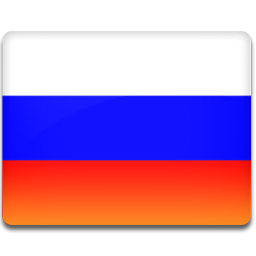Lidocaine hydrochloride CAS 6108-05-0
Function and Application
Lidocaine hydrochloride has the characteristics of strong penetration, strong dispersion, and fast onset of action. Its anesthetic efficacy is twice that of procaine, while its toxicity is 1. Anesthetic effect can occur within 5 minutes after medication, and the anesthetic effect can last for 1-1.5 hours, which is 50% longer than procaine. After absorption, it can inhibit the central nervous system and suppress ventricular autonomy, shorten refractory period, and can be used to control ventricular tachycardia, treat arrhythmia symptoms such as premature ventricular contractions, ventricular tachycardia, and ventricular fibrillation. It is effective for heart diseases or arrhythmias caused by cardiac glycosides, but not for supraventricular tachycardia. This product has a fast action, short duration, and is ineffective when taken orally. It is often administered intravenously.
Lidocaine hydrochloride has the characteristics of strong penetration, strong dispersion, and fast onset of action. Its anesthetic efficacy is twice that of procaine, while its toxicity is 1. Anesthetic effect can occur within 5 minutes after medication, and the anesthetic effect can last for 1-1.5 hours, which is 50% longer than procaine. After absorption, it can inhibit the central nervous system and suppress ventricular autonomy, shorten refractory period, and can be used to control ventricular tachycardia, treat arrhythmia symptoms such as premature ventricular contractions, ventricular tachycardia, and ventricular fibrillation. It is effective for heart diseases or arrhythmias caused by cardiac glycosides, but not for supraventricular tachycardia. This product has a fast action, short duration, and is ineffective when taken orally. It is often administered intravenously.




















